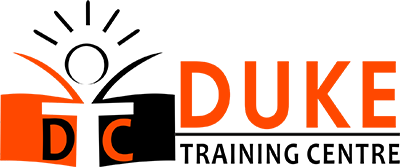Business Economics Courses in Abu Dhabi
Diploma in Business Economics and Commerce
Teaching about important economic and commercial topics which business people need to understand to their business environment and develop profitable organizations.
Economics and Commerce are closely related fields of study; both deal with production, the different forms of business enterprises, marketing, finance and banking, transport, insurance, and a wide range of other topics. Whilst Commerce is concerned with how the modern business world works, Economics attempts to explain why it works as it does. This unique Program covers – in an interesting and practical style – the wide range of important topics within the spheres of both Economics and Commerce which all modern business people, managers and administrators need to know to develop and maintain profitable organizations in the modern business world. Good knowledge of business economics is usually required for all further and higher professional, managerial and business related courses, and for career success in almost any job or employment with an organisation involved in production or supply, or where any buying and selling of products takes place.
Summary of Major Topics Covered in this Diploma Program include:
- Economic systems and economic theory, activities and law.
- The economic effect of budgets and financial constraints.
- Consumer income, consumer choice and behaviour, satisfaction of wants.
- Utility, indifference curves, product bundles.
- The factors of production: land, capital, labour, the division of labour.
- Capital and working capital: its sources, calculation and the importance of its composition.
- Financing businesses and the sources of finance.
- Assessing and improving revenue, turnover and gross profit.
- The uses and value of money; the price mechanism.
- Types of businesses: sole owners, partnership firms, companies; bincorporation, limited liability.
- International trade and international payments.
- Supply and demand: causes and effects of changes; supply and demand curves, and equilibrium.
- Costs, pricing decisions and pricing strategies; market structure and their affects.
- Products: normal, inferior, necessity, substitute, complimentary.
- The price elasticity of demand, the cross price elasticity of demand – its meaning, affect, interpretation and analysis.
- Economies of scale, internal and external economies, cost implications, unit cost reduction.
- Production policy, setting production levels.
- Business expansion, integration, mergers.
- Factors regarding location.
- Business and production, fixed and variable costs, making use of the information.
- Government involvement in business, the reasons and possible benefits.
- Ancillary services; banking, insurance, transport, communications, advertising and sales promotion.
- The distributive trade, channels of distribution, retailers, wholesalers and others.
- Credit control, allowing credit, credit types. Discounts including trade and quantity discounts.
- Commercial documentation, the need for information, forms and business documents.
And much more….







